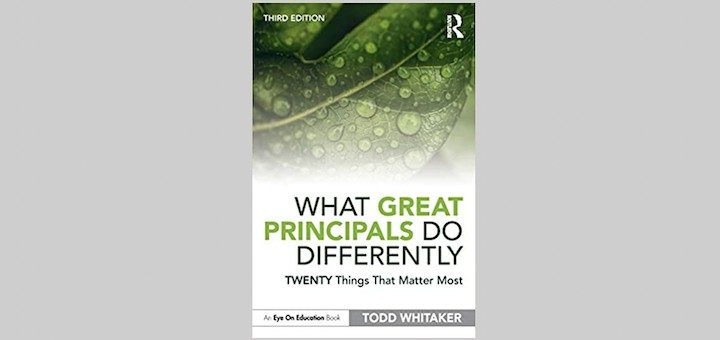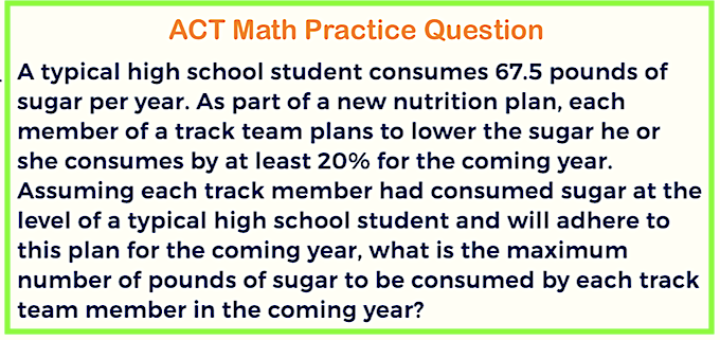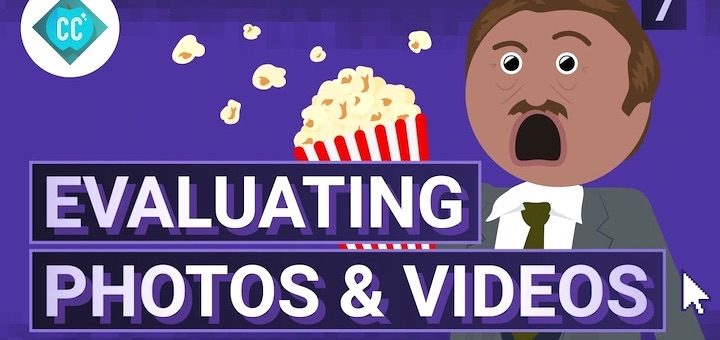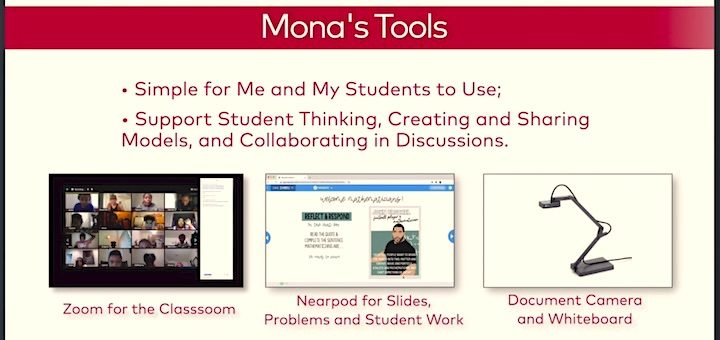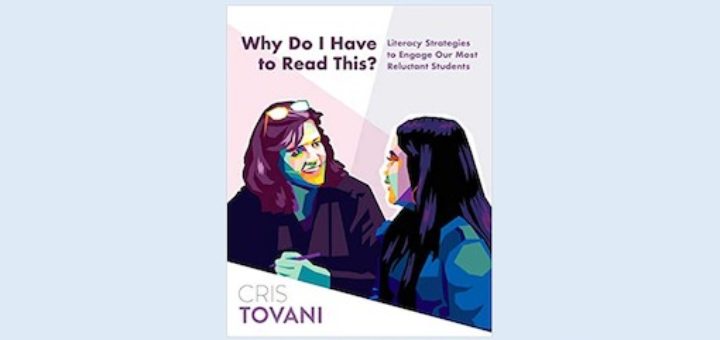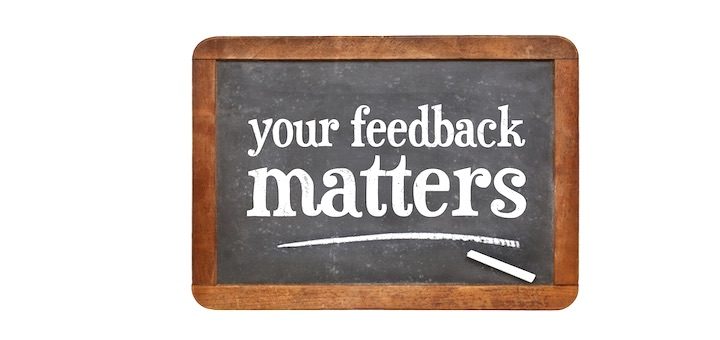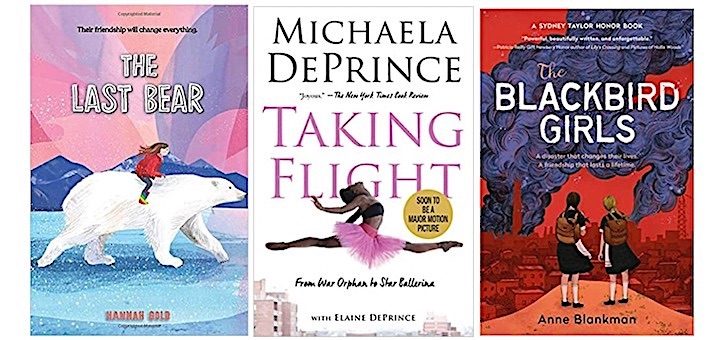Teaching and learning in grades 4-8
Student discipline is high on the job description of most assistant principals. After three years as an AP, here’s what DeAnna Miller has learned about this essential aspect of working with kids: (1) use it as a teachable moment, (2) make it fair, and (3) love them anyway.
In What Great Principals Do Differently Todd Whitaker sets out a clear and understandable path to success and demystifies some of the unique aspects of school leadership. Any school leader will find value, reinforcement, and solid advice, writes educator Becky Johnson.
How schools are handling standardized tests this pandemic year has really varied. Michelle Russell spent eight school days prepping students for her state’s math accountability exam, which they took last week. What paid off? What didn’t? Was it worth the time and effort?
So much of our world is visual. Helping students learn how to “read” images and detect fakery and manipulation should be part of a 21st century education. Media literacy expert Frank Baker shares lots of ideas, insights and resources to get teachers and students started.
Pandemic teaching has led grades 5/6 math teacher Mona Iehl to adapt proven practices from her regular classroom for her virtual teaching. Using the Nearpod app, she prioritizes community building and discussion while simplifying lesson designs. Her video shows her strategies in action!
Middle schoolers share what they think teachers need to know about hybrid learning, with tips for improving learning in the mix of in-person and online classes. It’s the experiences at home – being heard, having time to use tech properly – that garner the most criticism.
Cris Tovani has written a true page turner to assist all teachers with literacy strategies that will captivate their most reluctant students. “Why Do I Have to Read This?” begins with insights into the many masks of reading resistance that students wear, says Linda Biondi.
For Ron Williamson and Barbara Blackburn the most important work principals can do is practice instructional leadership. Principals who invest time and attention on improving teaching can significantly impact student learning. See their 7 keys to constructive feedback.
To celebrate Women’s History Month, middle grades teacher Kasey Short offers a list of nonfiction and fiction books representing a wide range of girl’s and women’s voices and experiences. All students benefit from reading about smart, brave women who make positive impacts.
Professional books play an important role in every savvy educator’s growth and development. Podcasts can serve the same purpose, writes instructional leader Alex Valencic. Podcasts not only stimulate our thinking, they lead us to new authors and help us expand our PLNs.


